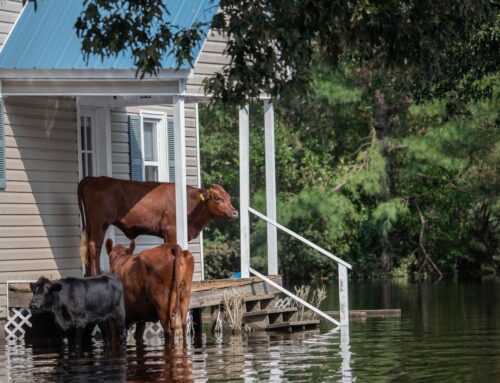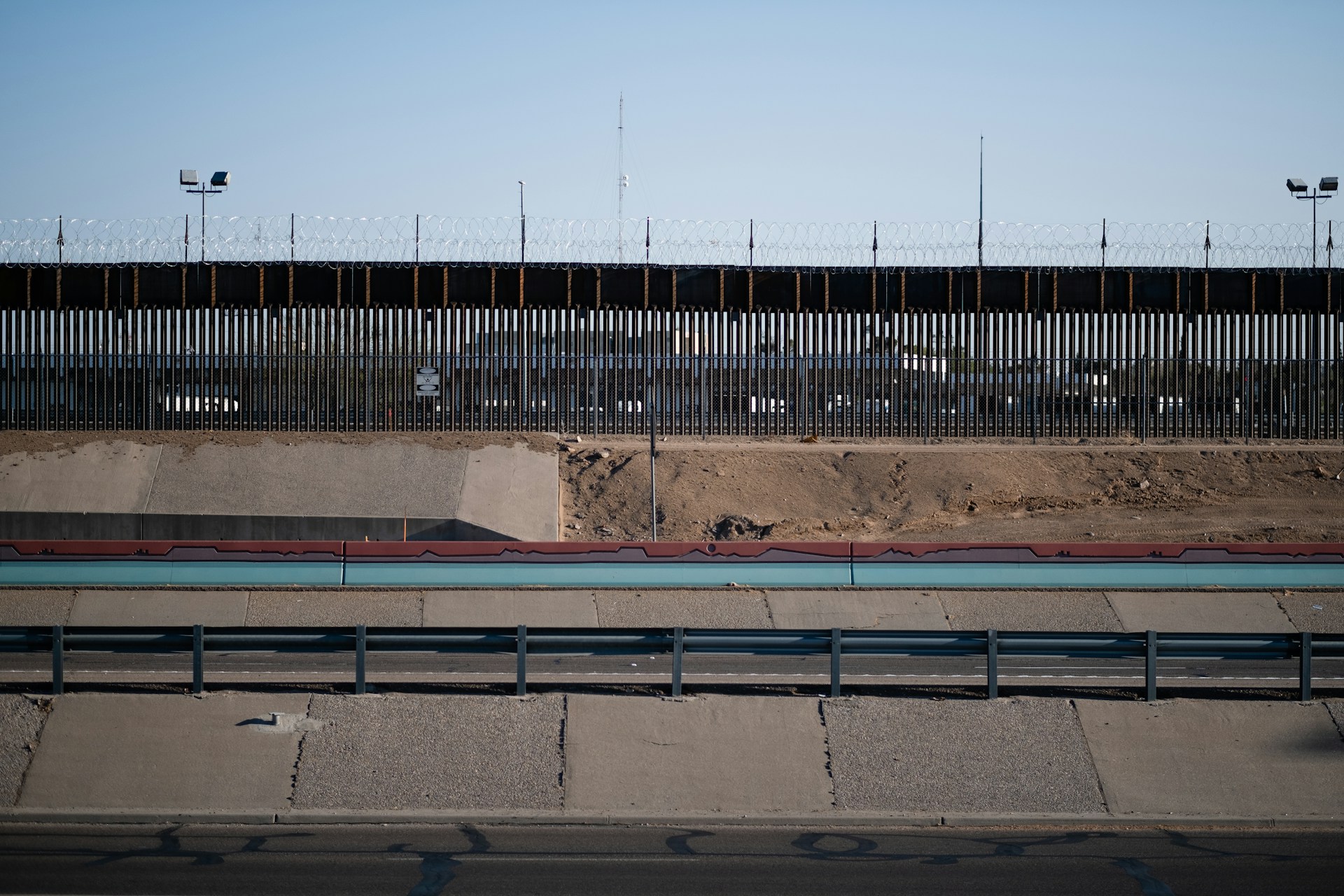Even though Santa Shuster hasn’t yet finished doling out all of his boondoggle highway projects, the odor of pork is overwhelming.
Representative Bud Shuster’s (R-PA) new highway bill has a little bit of pork for most everyone. The bill contains budget busting provisions as well as special earmarked funds for unnecessary projects. And Shuster is not done yet. Next week he plans to release his list for the bill’s $4 billion slush fund, reserved for pet projects submitted by legislators.
Shuster’s bill authorizes reckless budget shenanigans that would take the highway trust fund off budget, putting transportation spending on auto-pilot. This would create a special funding stream so that transportation would not have to compete with other budget demands. Virtually every national authority on budget discipline, as well Federal Reserve Chairman Allan Greenspan, opposes this provision.
With all this extra money, Shuster can bring gifts to most every district and special interest. For example, Corridor H, the “road to nowhere”, championed by West Virginia’s Senator Byrd, receives special attention. Over $1 billion is directed to a commission in which Corridor H is the largest remaining project.
A few powerful congressman and history buffs will be pleased to note that the bill authorizes a bus museum in Hibbing, Minnesota (Rep. Oberstar’s district), a rail museum in Princeton, West Virginia (Rep. Rahall’s district), and a Northeast Ohio Transportation History Museum.
Shuster also planned to spend all five-years worth of transportation funding negotiated under the balanced budget act in just three years. This would have authorized $34 billion in transportation spending above the $125 billion already in the budget agreement. But Speaker Gingrich put his foot down and forced Shuster to cave on this issue.
With so much pork for it to build, it’s no wonder the highway lobby has been actively promoting Shuster’s stocking stuffer. The highway lobby has taken out several full page ads in Congress Daily supporting Shuster’s bill as their preferred alternative to the federal transportation law which expires at the end of September.













Get Social